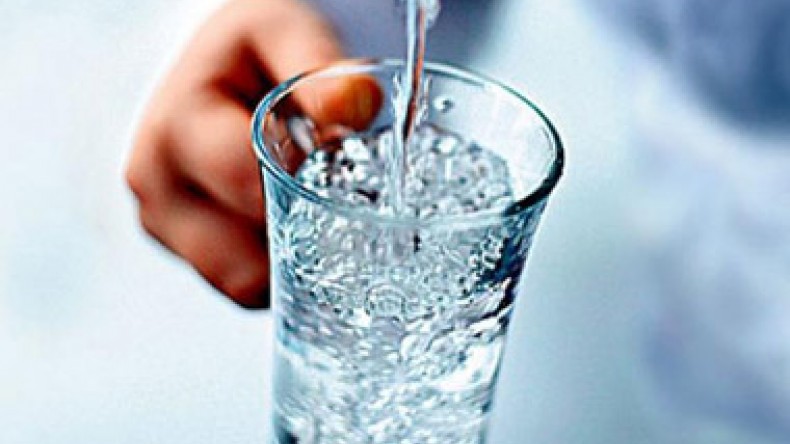
Drinking water boosts your brain's reaction time
We all know that drinking water regularly is good for the body. But new research has revealed that drinking water when we feel thirsty boosts our brain's performance in mental tests, according to Medical News Today.
Researchers from the University of East London and the University of Westminster in the UK analyzed the potential effects of water on cognitive performance and mood among 34 participants with an average age of 29 years.
The study, published in the journal Frontiers in Human Neuroscience, involved participants taking part in a "water" and a "no water" experiment one week apart.
The "water" experiment required the people to complete a number of mental tests after eating a cereal bar and drinking some water. The "no water" test meant the participants consumed just the cereal bar alone. The amount of water drunk by the participants in the "water" test depended on their level of thirst.
Lead study author, Dr. Caroline Edmonds of the University of East London School of Psychology, told Medical News Today, "Our study found that reaction times were faster after people drank water, particularly if they were thirsty before drinking."
The participants who drank around three cups of water (775 milliliters) just before completing the tests had a 14% increased reaction time compared with those who did not drink any water.
But the study also showed that drinking water can have negative effects on cognitive performance. Dr. Edmonds told MNT the study "also showed that people performed worse on a complex rule-learning task after drinking."
In a test called the Intra-Extra Dimensional Set Shift (IED) test, the participants were monitored for "attention flexibility" and tested on their error rates in discriminating a series of visual images. Depending on how the researchers ran the test, participants who drank water before doing it performed worse than those who drank no water.
The study authors add that further research is needed to examine how the brain effects of water are mediated by thirst mechanisms, as well as determining why water consumption can also have negative effects on cognitive performance.
Newsfeed
Videos






























